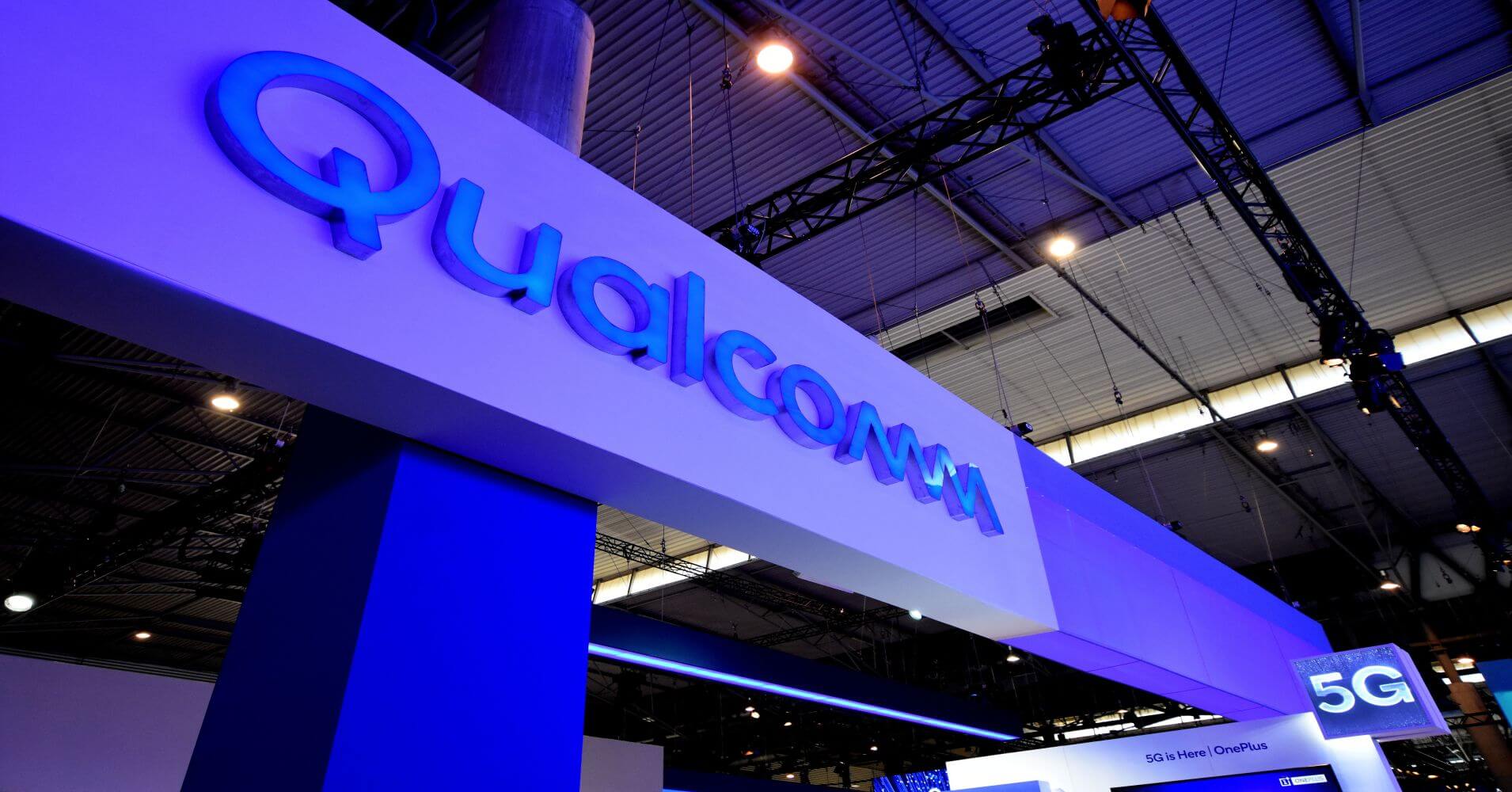Why it matters: Everyone in the tech industry is scrambling to implement 5G products and services, but tensions between the U.S. and China so far have only resulted in two development hotspots that haven't worked together to accelerate these efforts. Interestingly enough, that hasn't stopped some tech companies from pooling resources together to set up joint projects.
Qualcomm says it's joining forces with Tencent's gaming arm - Tencent Games - to spearhead development on various projects that cover smartphones, 5G, AR, VR, and even cloud gaming - a market where giants like Microsoft and Google are already setting foot with their own services and fostering interest from thousands of developers.
The cooperation between the two isn't set in stone, but makes perfect sense when you consider the scale and advantages they bring to the table. Qualcomm is one of the giants in the semiconductor industry, with chips that power eight out of ten phones worldwide. Tencent is China's largest mobile sofware company, and the owner of popular social network WeChat - a platform that serves 1 billion users and their digital needs, from messaging to payments and beyond.
Under the new agreement, games developed by Tencent Games - such as PUBG alternative Game for Peace - will be optimized for Android devices that run Qualcomm's Elite Gaming chips, such as the Snapdragon 855 series. A notable example is the Asus ROG Phone 2, but this could apply to mid-range platforms in the future.
Tencent's ambitions extend to other areas like retro game streaming services and even PC gaming, with the company looking to take on Steam with WeGame - its own digital storefront. The Chinese giant is also quietly testing a cloud gaming service called Instant Play to compete with things like Google Stadia.
